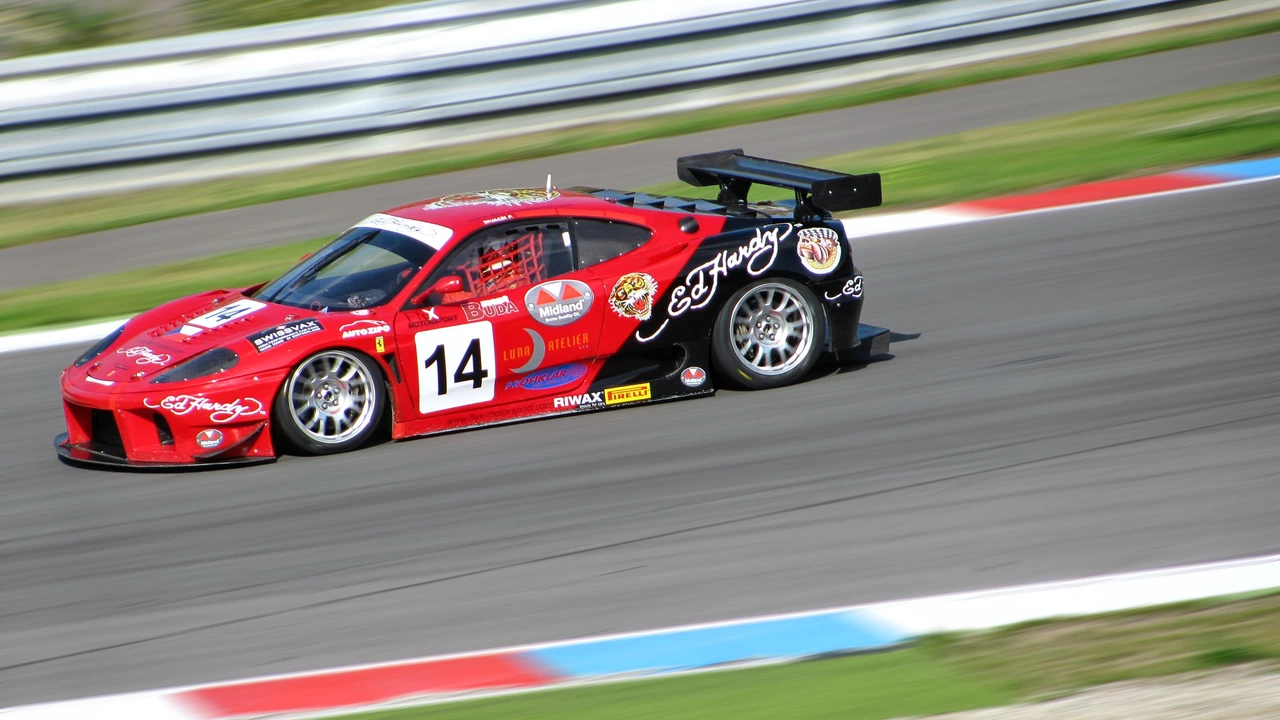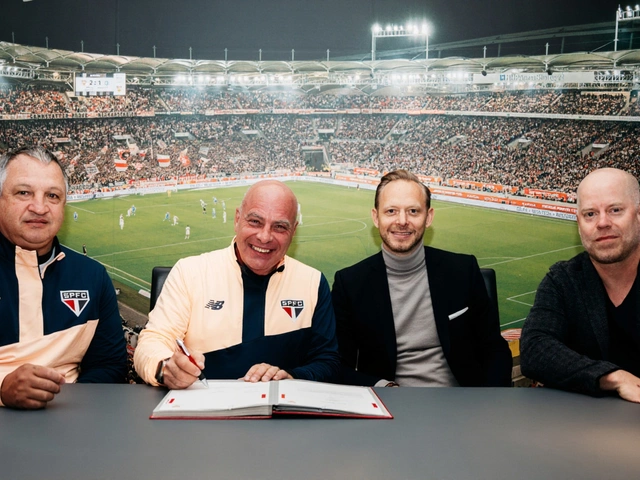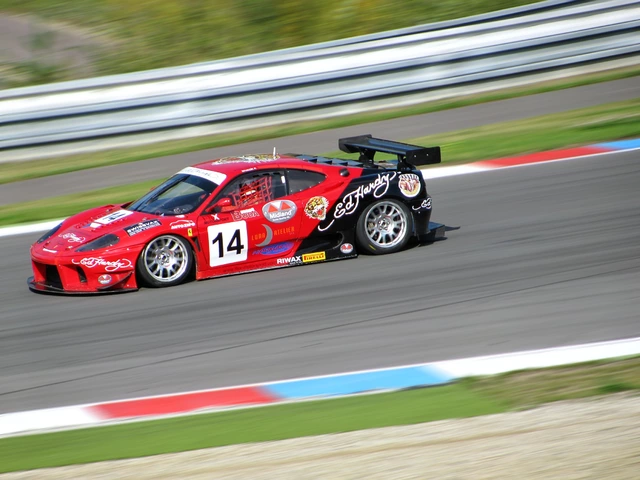
Education, similar to physical conditioning for race car driving, is a comprehensive process requiring consistent efforts in various areas to achieve peak performance. First, education requires continual knowledge accumulation, similar to the cardiovascular endurance needed in racing. Regular reading, attending lectures, and participating in discussions can significantly contribute to this process.
Next, critical thinking development, comparable to strength training, involves exercises that boost mental agility. Logical reasoning tasks, argument analysis, and problem-solving activities can improve critical thinking.
Language skills, like neck strength in racing, are essential for communication. Regular writing assignments, vocabulary-building exercises, and public speaking can enhance these skills. Learning new concepts or skills, comparable to improving flexibility, requires adaptability. Regularly practicing new tasks, seeking feedback, and adapting study methods can promote this flexibility. Quick response, similar to reaction time in racing, is crucial for problem-solving under pressure during tests or quizzes. Regular timed practice can significantly enhance this skill.
Studying in different environments, akin to heat tolerance training, can prepare students to perform optimally under varying conditions. This could involve looking in libraries, cafes, or quiet rooms at home. Lastly, proper nutrition and hydration, similar to what race car drivers require, are crucial in maintaining energy and focus during studies.
Eating balanced meals and staying hydrated, especially during intense study periods, is vital. Upon successful completion of these various elements, a student might say with pride, "my homework has been done." This accomplishment signals not only the completion of an assignment but also a step forward in the comprehensive education process.
Regularly monitoring a student's progress by a professional educator ensures that the educational journey is practical and enriching.




